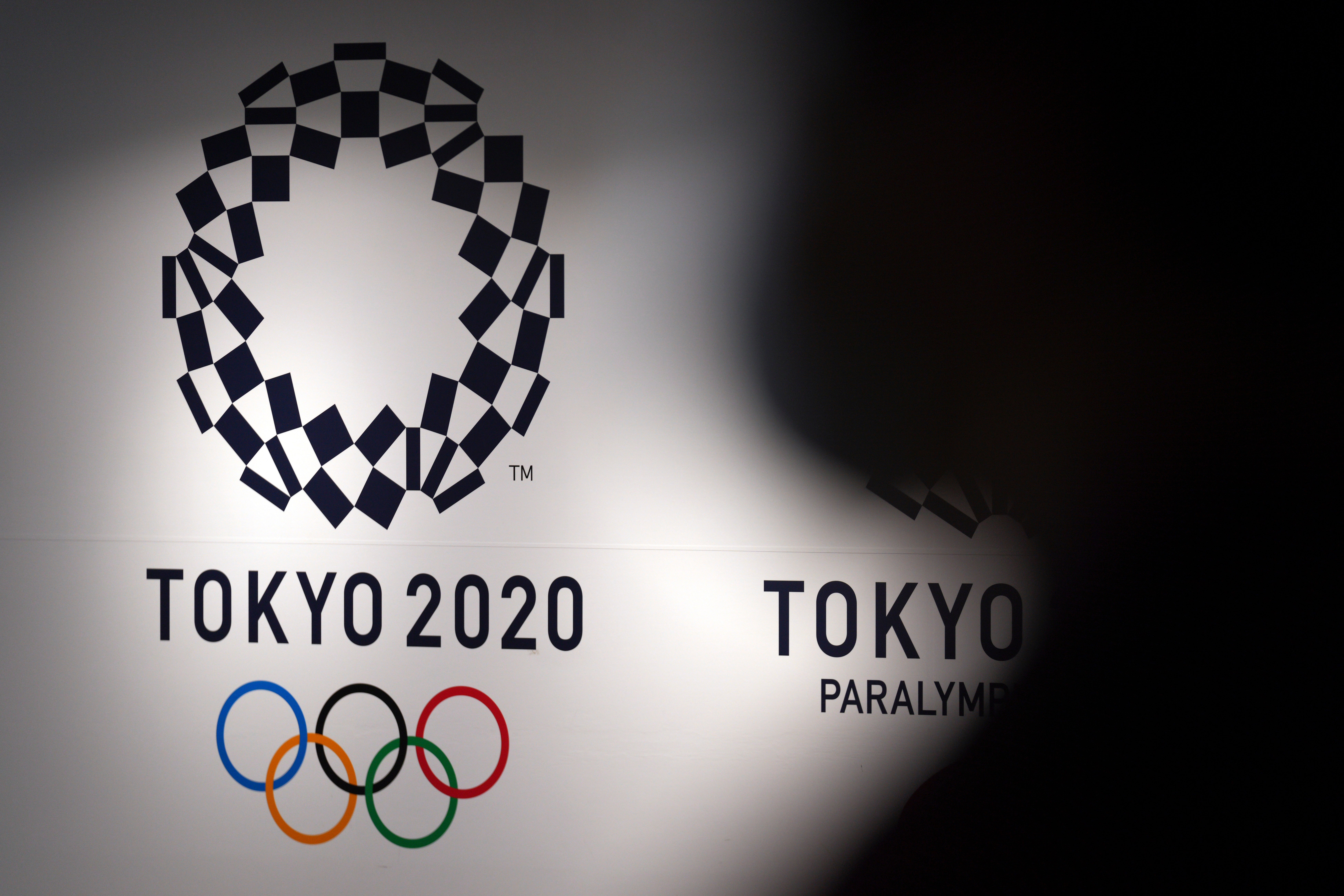Tokyo closes books on costly, pandemic-delayed Olympics
Organizers of the Tokyo Olympics are closing the books on the pandemic-delayed Games

Your support helps us to tell the story
From reproductive rights to climate change to Big Tech, The Independent is on the ground when the story is developing. Whether it's investigating the financials of Elon Musk's pro-Trump PAC or producing our latest documentary, 'The A Word', which shines a light on the American women fighting for reproductive rights, we know how important it is to parse out the facts from the messaging.
At such a critical moment in US history, we need reporters on the ground. Your donation allows us to keep sending journalists to speak to both sides of the story.
The Independent is trusted by Americans across the entire political spectrum. And unlike many other quality news outlets, we choose not to lock Americans out of our reporting and analysis with paywalls. We believe quality journalism should be available to everyone, paid for by those who can afford it.
Your support makes all the difference.Organizers of last year’s COVID-delayed Tokyo Olympics were expected to place the final cost of the Games at 1.42 trillion yen, about twice what was forecast when the IOC awarded them in 2013.
Tokyo Olympic officials, meeting Tuesday before the body dissolves at the end of the month, were to detail final numbers, which were increased by the pandemic, but were in record range long before that.
Calculating the costs is challenging because of recent fluctuations in the exchange rate between the dollar and the Japanese yen. When the Olympics opened a year ago, $1 bought 110 yen. On Monday, $1 bought 135 yen, the dollar’s highest level against the yen in about 25 years.
The fall in the yen’s value means the cost of the Olympics quoted in dollars is now about $10.5 billion. A year ago, the price was about $13 billion.
Victor Matheson, a sports economist at the College of the Holy Cross who has written extensively on the Olympics, suggested by email to AP that most of “the expenses and revenues are in yen, so the exchange rate changing the dollar amounts doesn't affect how the event ‘feels’ to the organizers.”
In the runup to the Tokyo Games, organizers often used the exchange rate of 107. At that rate, the equivalent of 1.42 trillion yen would be $13.33 billion as final price tag.
Matheson and fellow American Robert Baade researched Olympic costs and benefits in a study called “Going for Gold: The Economics of the Olympics."
They write “the overwhelming conclusion is that in most cases the Olympics are a money-losing proposition for host cities; they result in positive net benefits only under very specific and unusual circumstances.”
Accurately tracking Olympic costs — who pays, who benefits, and what are and are not Games' expenses — is a moving maze.
Olympic organizers estimated the official costs when the Games closed at year ago at $15.4 billion.
Four months later, organizers said the costs had fallen to $13.6 billion. They said there had been a large saving because no fans were allowed to attend, dropping security costs, venue maintenance and so forth.
However, organizers lost at least $800 million in income from no ticket sales, which fell to the Tokyo Metropolitan Government to cover.
A University of Oxford study in 2020 said Tokyo was the most expensive Olympics on record.
There is one undeniable fact: more than half of the costs were paid for by public money — Tokyo’s government, the national government and other government entities.
In the several years prior to the Olympics, government audits found official costs might have been twice as much as stated, meaning the public portion of the bill might be far more than half.
The International Olympic Committee in its annual report says it contributed about $1.9 billion to cover Tokyo costs.
It's impossible to assess the long-term impact of the Tokyo Olympics, particularly in a sprawling city like the Japanese capital where change is constant. The pandemic erased any short-term tourism bounce. Local sponsors, who paid more than $3 billion to be linked to the Olympics, didn't seem very happy according to local reports.
Dentsu Inc., the giant Japanese advertising and public relations company, may have benefited. It directed marketing for Tokyo 2020, received commissions for lining up sponsors, and has been linked to an IOC vote-buying scandal that was tied to Tokyo getting the Games.
The scandal forced the resignation of Tsunekazu Takeda in 2019, an IOC member who also headed the Japanese Olympic Committee.
The Games were hit with other scandals, including the resignation of Yoshiro Mori, the president of the organizing committee who made sexist remarks about women. The former Japanese prime minister stepped down five month before the Games opened.
Tokyo had billed itself as a “safe pair of hands” in its bid to get the Games.
Tokyo will also be remembered as the first Games that were postponed for a year, and then held mostly without fans in a so-called bubble.
The most important legacy is surely the $1.4 billion National Stadium designed by Japanese architect Kengo Kuma.
“The goal should be that the costs of hosting are matched by benefits that are shared in a way to include ordinary citizens who fund the event through their tax dollars," Matheson and Baade wrote. "In the current arrangement, it is often far easier for the athletes to achieve gold than it is for the hosts."
___
More AP sports: https://apnews.com/hub/sports and https://twitter.com/AP_Sports